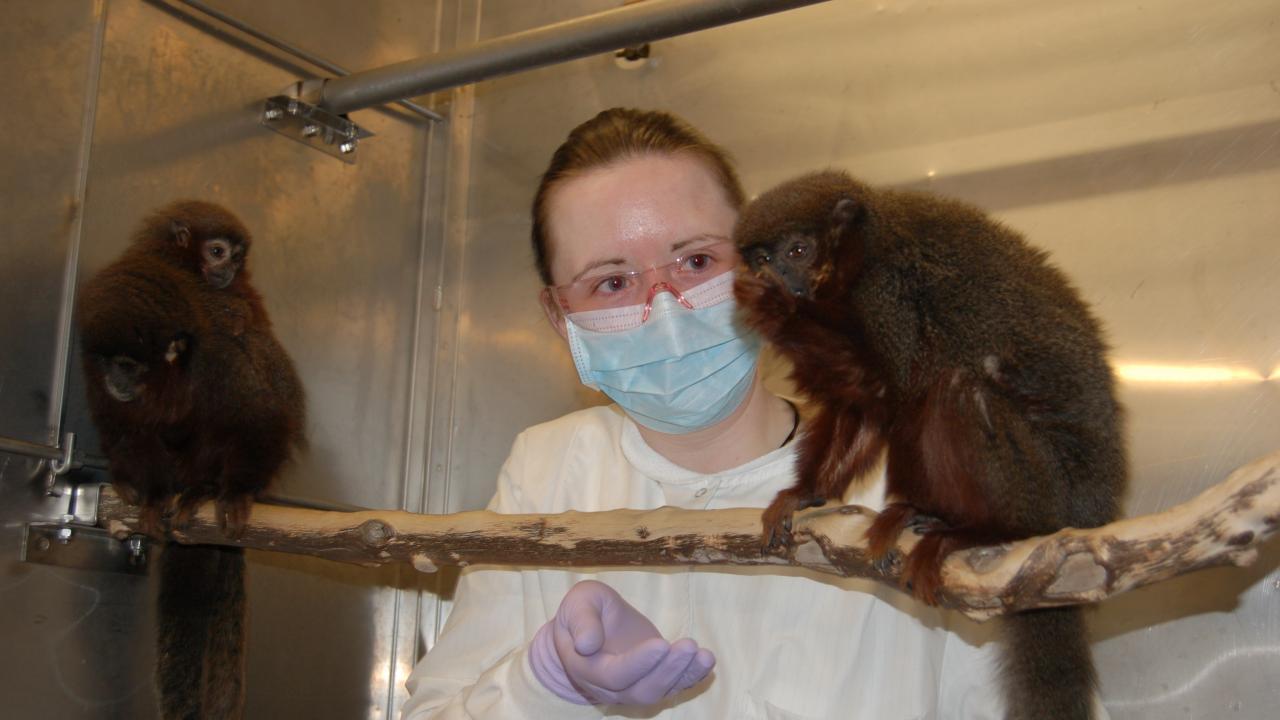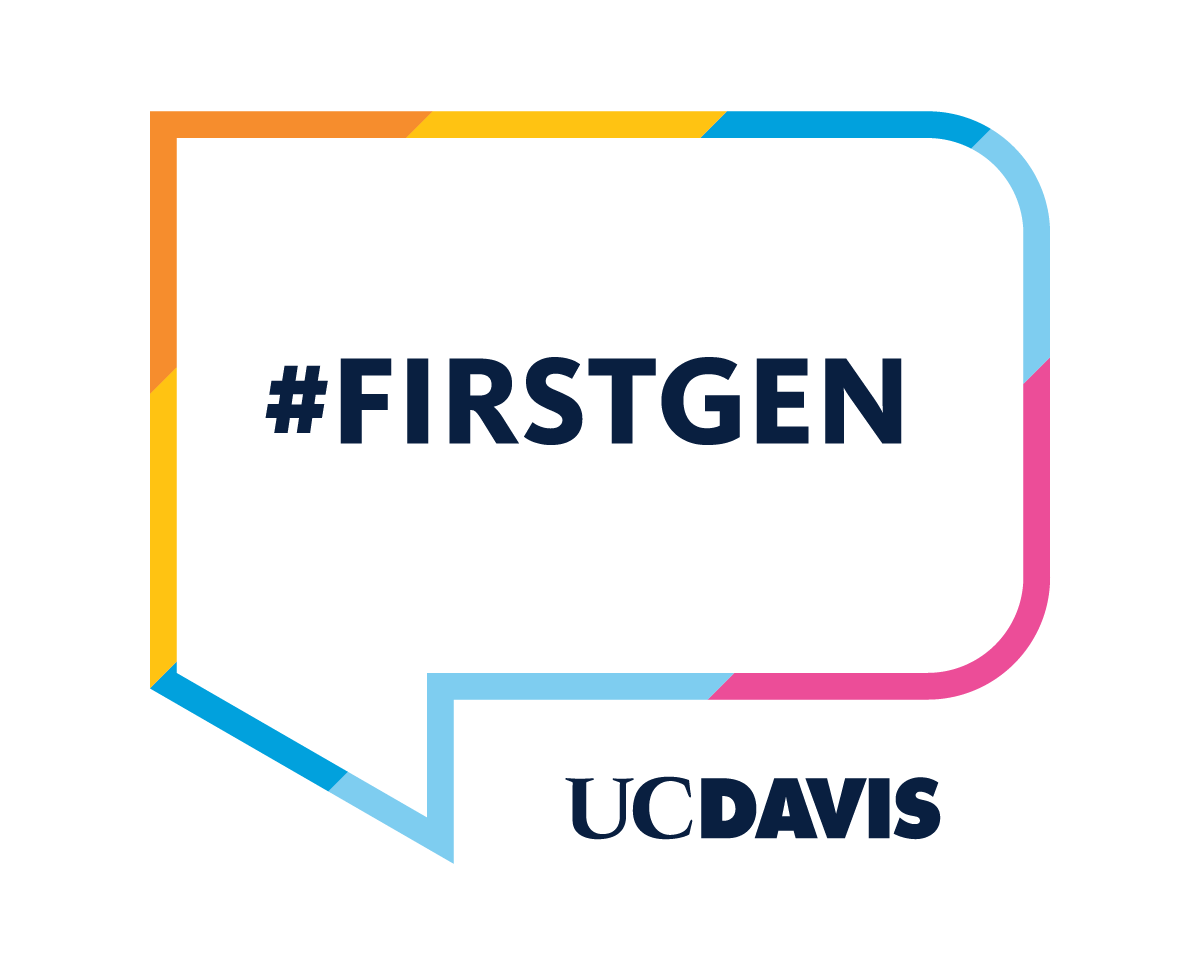
"I am the only person who can change my world" - Marina Farr
Marina Farr
NPB and Psychology
I am double majoring in Neurobiology, Physiology, and Behavior as well as Psychology. I am also an undergraduate research assistant in the Bales lab at the California National Primate Research Center and am starting a clinical internship at Sutter Sacramento.
I grew up in Lake County, California which is considered an underprivileged area for various reasons but particularly in terms of their education system. My high school didn’t have AP classes and I didn’t receive any kind of guidance for my future goals. In fact, they tried to convince me to complete my last two years after I received my proficiency certificate. Both of my parents attended community college for some period of time but neither received a degree. My dad went on to get his state certification for water treatment and my mom was a medical transcriptionist for many years, then a caregiver for several years before spending the rest of her life on disability.
What Motivated Me to Go to College:
My initial motivation was from growing up in a particularly unstable family environment.
I knew that I would be able to create a better life for myself if I went to college. What started there however, quickly turned into a passion for the sciences and of learning in general. Once I got into high school I found myself with a thirst for knowledge that nothing seemed to quench.
My motivation today continues to be my need to continue learning but it’s further strengthened by the love I have for the work I do in lab at the California National Primate Research Center and the courses I take here at UC Davis.
What I Would Tell My Freshman Self:
As a transfer student, I had very limited resources in terms of guidance that would help prepare me for medical and graduate schools before I came to UC Davis. Upon transferring, I found myself in a place where I realized the timeline I had originally set for myself was set back by a minimum of one year, though likely two or three, but was still mostly uncertain of the steps I needed to take to get where I wanted to go. The best pieces of advice I could give my freshman self would be to start interning and networking as soon as possible, take the MCAT the summer between sophomore and junior year, and professors aren’t as intimidating as they seem. Once you transfer to a university from community college you realize just how little time you actually have to prepare yourself for medical school, graduate school, or in my case both, and because experience is such a crucial part of both applications and figuring out which path is really the one for you, it’s important to start early. Getting to know professors is also an important part of the college experience but not just because you’ll eventually need letters of recommendation. Professors are a wealth of knowledge and experience who have so much to offer and getting to know them is an excellent way to receive guidance and perspective. Although they can seem intimidating at times, they became professors in part because they want to share this with us and let’s face it, we wouldn’t make it anywhere without them.
How My Background Helped Me:
Having come from a broken home in a disadvantaged area in addition to having people in my life who tried to convince me that I wouldn’t make it this far, let alone further, I learned quickly that I am the only person who can change my world. As a result of all I’ve been through between here and there, I’ve become very resilient and self-reliant, though I still recognize the importance of receiving guidance from those who have experienced and accomplished what I hope to. I’ve put enormous amounts of time and energy into getting this far in my educational career, and refuse to let anything stop me from going as far as I want to in it. As Arnau Benet said, you don’t want to have a plan, you want to have a strategy. Plans are definitive, finite, but strategies allow room for change when necessary and facilitate the multitude of possibilities for getting from one place to another which is imperative when considering the inevitable hindrances life throws at us.
The Best Thing About My College Experience:
It wouldn’t be honest for me to say that there has been any one thing that has exceeded the rest. All of the experiences I’ve had throughout and because of higher education have not only helped me discover who I am but have also helped me ascertain who I want to be and where I want to go. I am grateful for all of the experiences I’ve had as well as all of the people I’ve met, both good and bad along the way; without them, I wouldn’t be who I am today.
